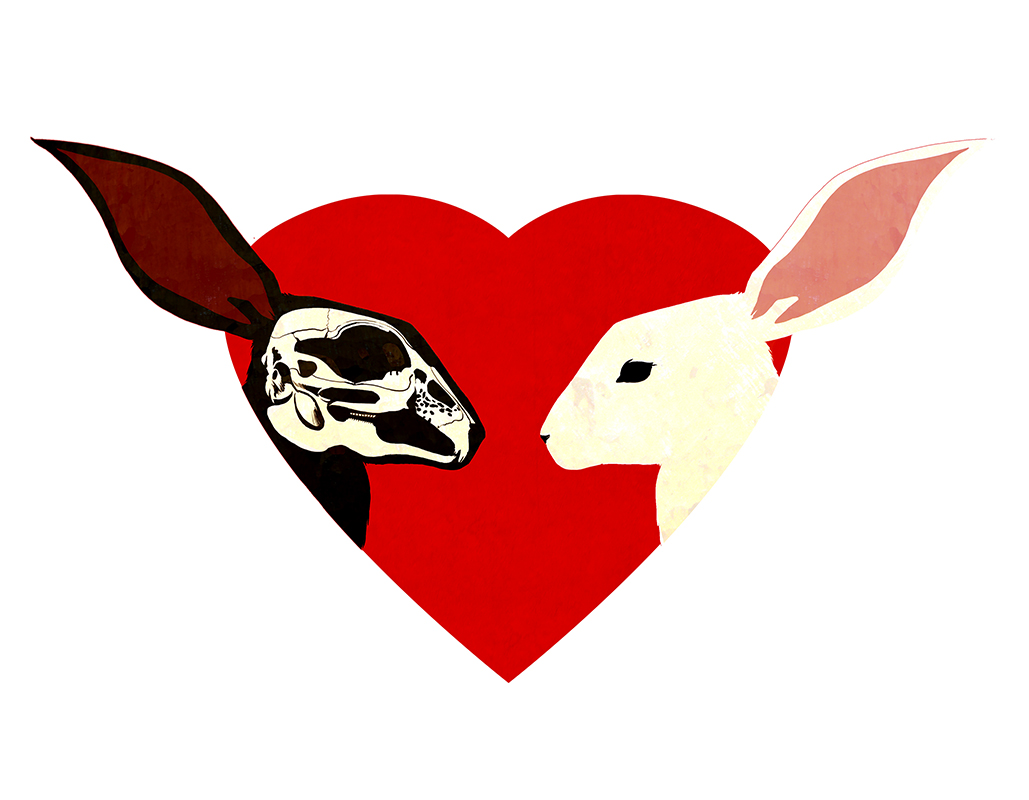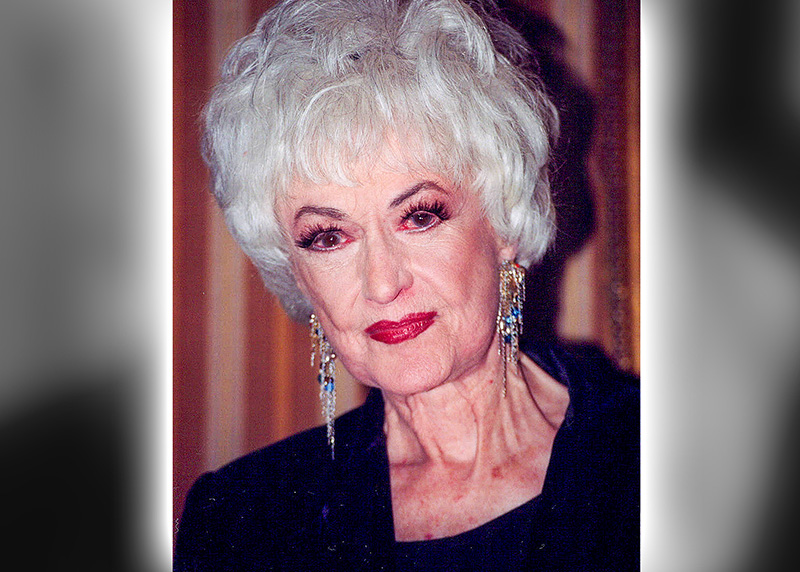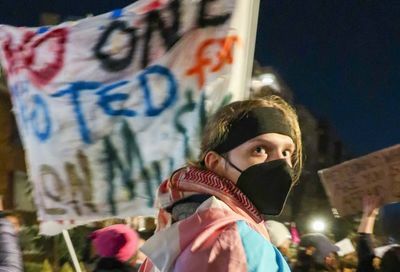Serbian Police Ban EuroPride March, Citing Security Concerns
Serbian Police cite risk of violence by social conservatives, who have been protesting in the weeks leading up to EuroPride.

Serbian police have banned a scheduled Pride march that was intended to be part of this year’s weeklong EuroPride celebration in Belgrade, citing the threat of violence from far-right anti-gay activists.
In the weeks leading up to the festivities, which were scheduled to run from Sept. 12-18, socially conservative groups, including representatives of the Serbian Orthodox Church, have been holding regular demonstrations to protest the official EuroPride parade, in which revelers were expected to march through the city on Sept. 17.
A Serbian Orthodox bishop, Nikanor Bogunovic, condemned EuroPride, vowing to “curse” its attendees and saying that if he had a gun, he’d use it against people taking part in the event for flaunting and celebrating homosexuality. The far-right Zaventnici (Oathkeepers) political party also held a protest in August featuring tens of thousands of marchers calling on the Serbian government to cancel the parade.
On Sunday, the day before EuroPride was scheduled to kick off, anti-Pride demonstrators, including biker gangs, far-right groups, and religious organizations held a rally “for marriage and the family” demanding the parade’s cancellation.
Serbian President Aleksandar Vucic has warned for weeks that the Pride march would be banned, arguing that police don’t have the manpower needed to protect Pride revelers from potential riots by right-wing groups.
Serbian government officials, including Vucic and the country’s lesbian prime minister, Ana Brnabic, have said the country currently faces more pressing issues that need to be addressed, including attempts to broker a successful peace between the Serbian government and the breakaway province of Kosovo, and an energy crisis that has been exacerbated by Russia’s invasion of Ukraine, reports the Associated Press.
“In the current geopolitical situation and tensions in the region, senseless clashes on the streets of Belgrade would make the position of our country more difficult, (and) endanger the safety of participants in the marches, as well as other citizens,” Serbian Interior Minister Aleksandar Vulin said in a statement.
Serbia’s history and record on LGBTQ rights has been spotty. The country doesn’t recognize same-sex marriages, and despite promises to support LGBTQ rights — part of the country’s attempt to rehab its image as it seeks to join the European Union — little progress has been made. According to a 2020 survey by Civil Rights Defenders, a Stockholm-based human rights organization, anti-LGBTQ attitudes persist in the country, with just over half the population saying they consider homosexuality to be a disease.
Past attempts to hold LGBTQ events or pride parades, in 2001 and 2010 have been met with violence, and, despite largely peaceful Pride events being held in Belgrade since 2014, religious groups continue to hold counter-protests, even planning to hold one on the same day as the EuroPride parade.
It was against that historical backdrop, and in the hope of showing that Serbia had distanced itself from the influence of the Orthodox Church and its past social conservatism, that led to Belgrade being chosen as the host city for EuroPride over cities like Barcelona, Dublin, and Lisbon. Organizers had hoped that Serbia, like its fellow conservative European nations Poland and Latvia — which hosted EuroPride in 2010 and 2015 — would rise to the occasion and meet its obligations, according to Kristine Garina, the Latvian president of the European Pride Organisers Association.
On Tuesday, Serbian police announced a ban of both the Pride march and the right-wing counter-protests, saying that allowing either to go forward posed a “high risk” to the safety of the participants, as well as other citizens who could be harmed by the outbreak of violence.
Organizers of EuroPride appealed the parade cancellation, with police rejecting their appeal on Wednesday. The organization countered on Twitter that it would bring legal action before the Serbian Administrative Court, promising to use all legal avenues and “all available means” to overturn the decision.
LGBTQ advocates have noted that past cancellations of Pride parades in 2011, 2012, and 2013 — all of which were cancelled for “security concerns” — have been declared unconstitutional by the country’s highest court.
Despite the uncertainty over the status of the parade, festivities for the weeklong celebration have already begun, including an opening ceremony that saw the Pride flag raised over the Palace of Serbia — though, notably, Serbian government officials were absent from the event, according to TIME magazine.
EuroPride organizers have vowed that participants — who were expected to number up to 10,000 — will take to the streets of Belgrade, if not for an official Pride march, then as a protest.
It won’t be the same march as planned, but people will be out on the streets,” Garina told TIME, even as she expressed hope that the legal system would eventually side with EuroPride organizers. “People are outraged and angry and people want to go out on the street and express that emotion.”
Marko Mihailovic, the 29-year-old coordinator of this year’s EuroPride festivities, said the cancellation draws attention to the systemic discrimination and lack of political will within Serbia to defend LGBTQ rights, reports the British newspaper The Guardian.
Even though it appears that social conservatives have been able to force the Serbian government to do their bidding, Mihailovic says the controversy over the cancellation is “a win for us because it exposes all the faults within our system and the reality of the people who are in power.”
Support Metro Weekly’s Journalism
These are challenging times for news organizations. And yet it’s crucial we stay active and provide vital resources and information to both our local readers and the world. So won’t you please take a moment and consider supporting Metro Weekly with a membership? For as little as $5 a month, you can help ensure Metro Weekly magazine and MetroWeekly.com remain free, viable resources as we provide the best, most diverse, culturally-resonant LGBTQ coverage in both the D.C. region and around the world. Memberships come with exclusive perks and discounts, your own personal digital delivery of each week’s magazine (and an archive), access to our Member's Lounge when it launches this fall, and exclusive members-only items like Metro Weekly Membership Mugs and Tote Bags! Check out all our membership levels here and please join us today!

























You must be logged in to post a comment.